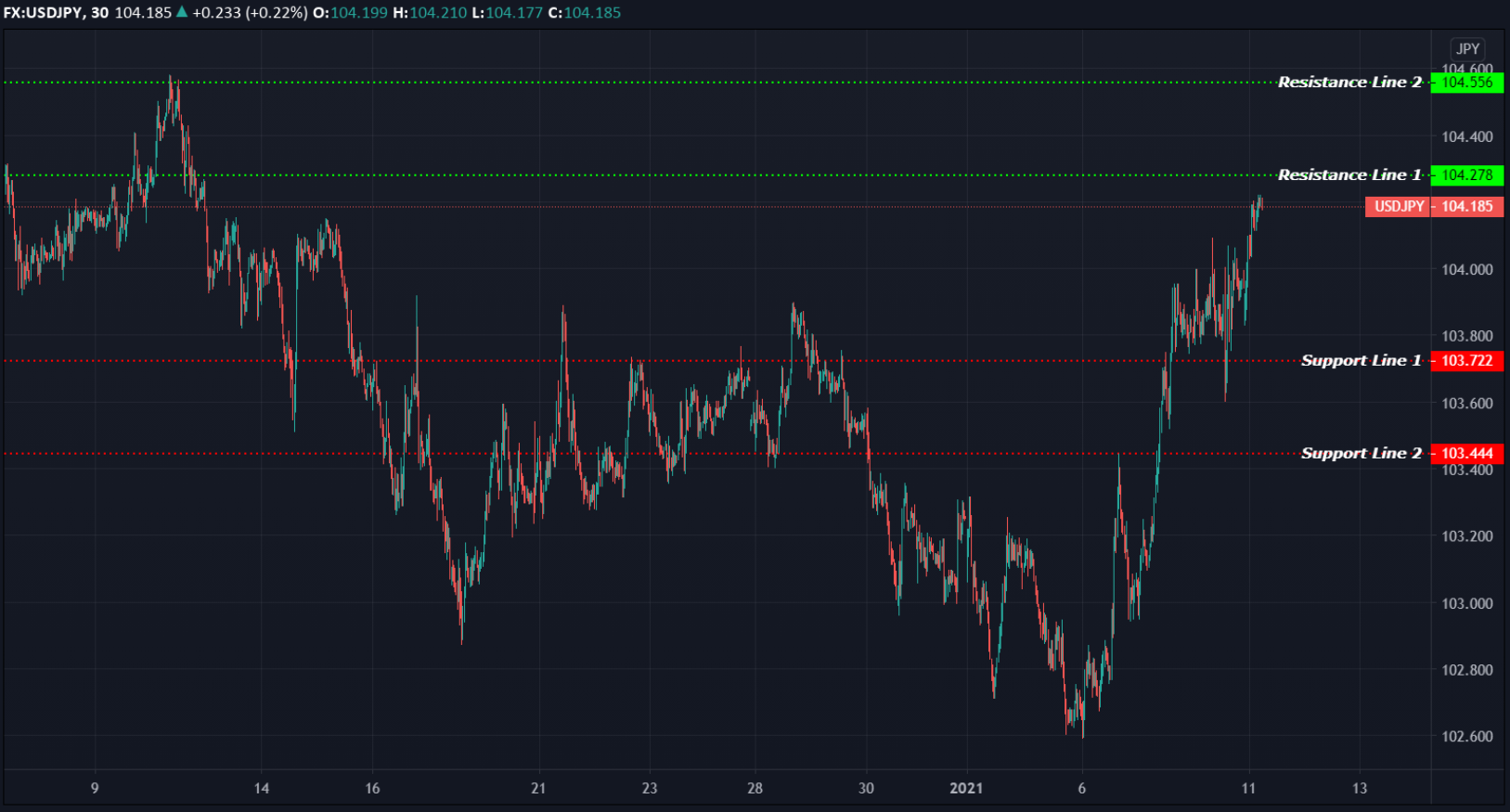EQUITIES
Asia-Pacific markets were mixed on Monday. The South Korea’s KOSPI index reverses earlier gains, slipped -0.13%, The Shanghai Composite down -0.04%, the Singapore’s Straits Times index shed -0.22%, and the Australia’s S&P/ASX 200 at -0.90% lower. Meanwhile, the India’s S&P BSE Sensex Index rose 0.69%, and the Hong Kong’s Hang Seng index added 0.73%.
Markets in Japan are closed on Monday for a holiday. The index closed at a 30-year high on Friday.
OIL
Oil prices fell on Monday on renewed concerns about global fuel demand amid stricter lockdowns in Europe and new movement restrictions in China, after a jump in cases in the region. The Brent crude futures traded to $55.45 a barrel, while U.S. crude at $51.88.
On Friday, Brent closed at $55.99 per barrel, while WTI futures ended at $52.24 per barrel.
CURRENCIES
The dollar extended a rebound on Monday, as sharp gains in U.S. yields and hopes for more stimulus boosted the world's largest economy. The dollar index lost more than 12% since a 3-year peak in March, has bounced 0.35% on Monday to steady at 90.41.
The Australian and New Zealand dollars each fell more than 0.5% against the dollar to around 1-week lows, to trade at $0.7699, and $0.7188, respectively, on Monday.
The dollar also rose 0.15% to 6.4746 yuan in offshore trade and it rose to a 2-week high of 1.3288 Singapore dollars. The baht, ringgit, and rupiah all also slipped.
Bitcoin dropping more than 12% to a 1-week low.
GOLD
Gold fell to extend the biggest drop in two months amid gains in the dollar, trading at $1,838.20 an ounce, while slipped around $1,833.90 per ounce for gold futures. Previously closed at $1,850.00 and $1,934.70, respectively.
Silver trading at $24.68, platinum trading at $1,029.00 and palladium trading at $2,254.00.
ECONOMIC OUTLOOK
The Asian-Pacific shares started the week on a cautious note as investors weighed the President-elect Joe Biden’s pledge to detail huge U.S. economic aid to counter the impact of the escalating pandemic, while also keeping a wary eye on U.S. politics as pressure grew to impeach President Donald Trump.
Asian shares took a breather, while Treasury yields were at 10-month highs as President-elect Joe Biden is due to announce plans for “trillions” in new relief bills this week, much of which will be paid for by increased borrowing.
JPMorgan, Goldman Sachs, and Morgan Stanley will delist hundreds of Hong Kong-listed structured products, following an executive order banning U.S. investment in firms alleged by Washington to be linked to the Chinese military. Trading is set to be suspended at 4 p.m. ET Monday.
China’s CPI index fell 0.4% in December as compared to a year earlier. Meanwhile, CPI index rose 0.2% YoY in December, bigger-than-expectation.
To date, number of confirmed worldwide cases for COVID-19 pandemic has surpassed 90.26 million affecting 213 countries and territories around the world and 2 international conveyances, recording more than 1.934 million fatality globally.
TECHNICAL OUTLOOK
[USDJPY]
Important Levels to Watch for Today:
- Resistance line of 104.278 and 104.556.
- Support line of 103.722 and 103.444.
Commentary/ Reason:
- The dollar rose 0.22% to 104.185 yen, away from a trough of 102.594 hit last week.
- A better U.S. yield helped the dollar to a 1-month high of 104.218 yen earlier on Monday.
- Yields are climbing and the safe-haven demand for the yen were undercut on concern that the Democratic-controlled Congress will be able to pass a new stimulus package to support the economy. The U.S. President-elect Joe Biden is due to announce plans for “trillions” in new relief bills this week.
- Meanwhile, the state of emergency for Tokyo and its surrounding prefectures also weighed on the yen.














